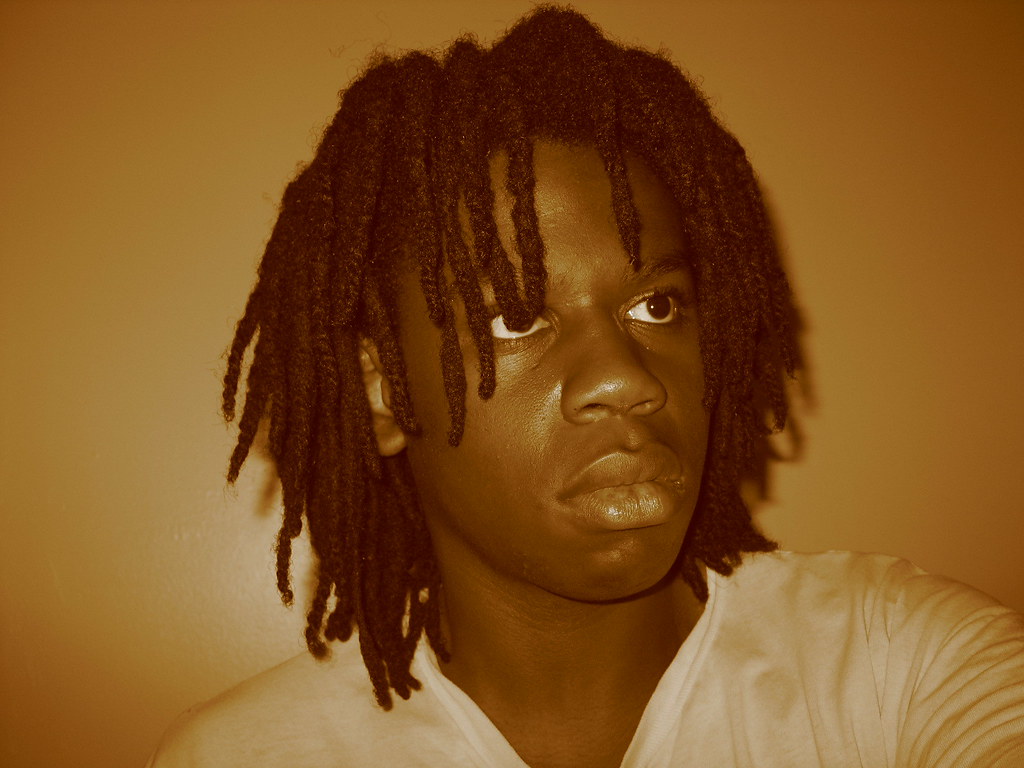One of the few sports that has a positive mythology around it is cycling. For my American audience, this will be hard to understand. In a culture that celebrates guys who bang heads together and have problems exerting themselves in continual blasts, the sheer physicality and drama of cycling will be lost upon many. But, to those Americans, I say come with me and look back at some of the great tours and cyclists.
There was Miguel Indurain blasting dudes up the sides of climbs that are hard to drive no less climb on a bike. He won the Tour De France, the grandest of the grand tour (Giro D'Italia, Tour De France, y Vuelta A España), five times. Laurent Fignon was set to beat Greg Lemond in 1989, but, in one of the greatest time trials ever ridden, Lemond made up the time deficit to steal the lead on the last stage and win his second Tour.
Lance Armstrong, seven-time winner of the Tour, gave Jan Ullrich a last glance then started tapping the pedals on Alpe D'Huez, a legendary climb in the Tour De France, in 2001. This move secured Armstrong's third tour victory. And before all of these men, there was the Belgian Eddy Mercx who was one of the most dominant riders of all time. He was so dominant that he rode entire tours de France in the maillot jaune. As you can see, cycling has a long history behind it of men who have used their intense will and strength to ride over 2000 miles in three weeks.
But, this history is threatened by the past two years. Last year, the tour winner Floyd Landis was stripped of his title as he tested positive. This year, two teams were thrown out of the tour for having members that tested positive. And, in an eerie repeat of last year, the tour leader, Michael Rasmussen, was also thrown out of the race. Last year had already set an indelible mark that the tour was going to have to fight its way out of. And, this year, it had done that. The racing this year was pretty exciting. The battles between Alberto Contador, the young Spanish rider, and Michael Rasmussen were quite compelling with Contador trying to get the upper hand. But, Rasmussen never cracked and picked up on the accelerations. In the end, on stage 16, Rasmussen cracked Contador, leaving him in his wake as he climbed to the summit of Col D'Aubisque.
This was, without question, the most exciting ride of the tour. The Col D'Aubisque is a beyond category climb. For those unhip with the cycling language, beyond category means that it is so mind-meltingly hard, the angles so steep and the length so brutal that it cannot be classified from 1 (hard) to 4 (cakey). These two men were surging and acting like they weren't climbing at a 8-9% gradient for miles. These battles on such difficult climbs is what makes the tour compelling, but there was no doubt in past times that these climbs were made on sheer moxie and grit. Now, when someone makes a solid climb, the questions start circulating. Is he cheating? Is he doping?
Given all of the controversy surrounding this year's tour, I hate to say it, but cycling may be seeing its end as a serious sport. It will soon become only the hobby of the rich and successful. Unless the sport gets completely clean, the tour will always be in question for doping and other uncompetitive tactics. As a fan of cycling, this saddens me. But, the cynic in me expects this to be true since the facts speak for themselves. I hope that my cynic is wrong, but it hasn't been wrong in a while, so I'll stick with it.
Thursday, July 26, 2007
Cycling: A Lost Art?
Posted by
Ace
at
6:12 PM
![]()
Labels: Commentary, Cycling
Subscribe to:
Comment Feed (RSS)


|